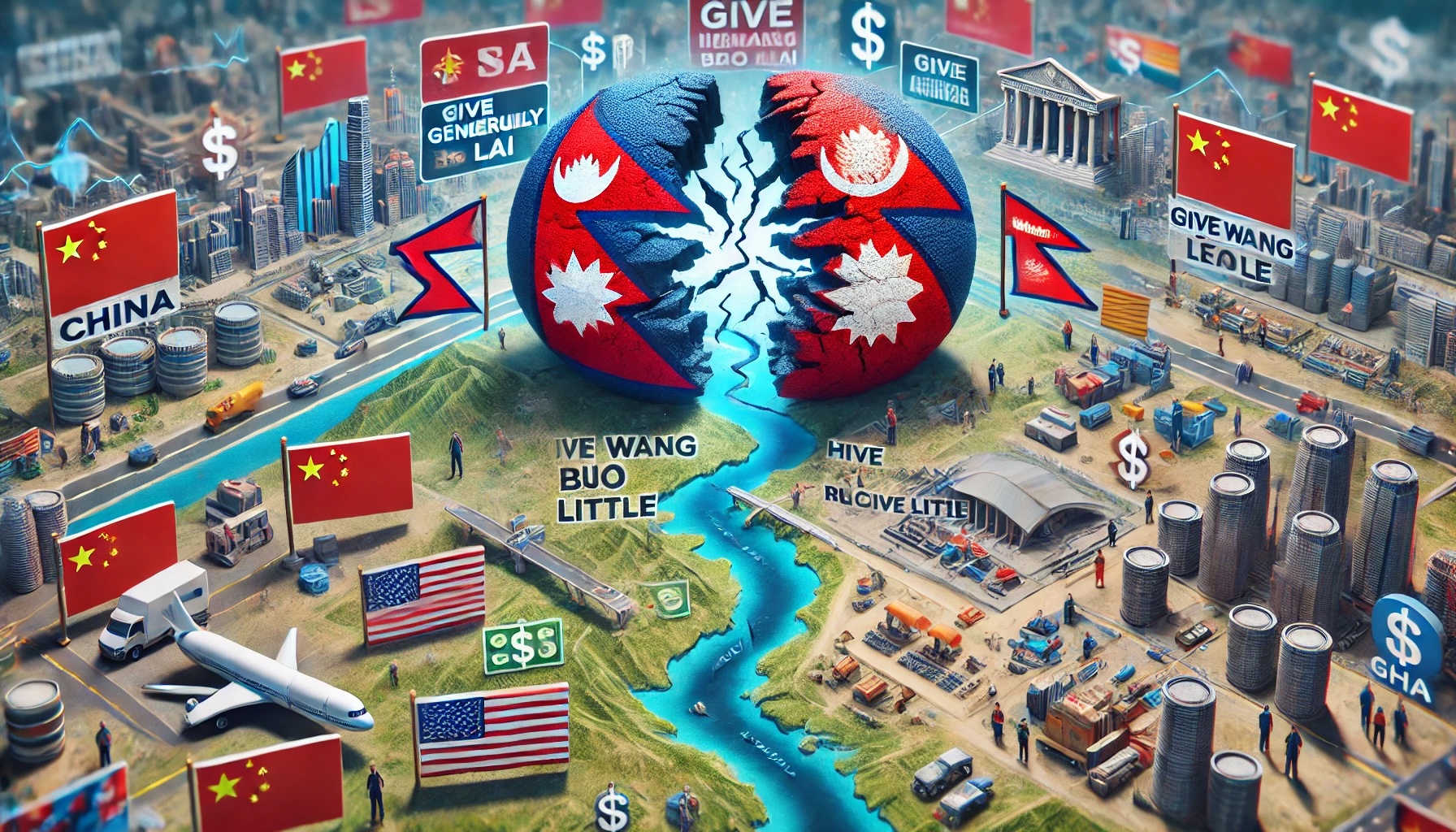Diplomatic Strain Escalates as Chinese Public Disapproves Nepal’s Debt Forgiveness Appeal

Tensions are rising in China-Nepal relations, driven by public criticism from Chinese citizens over Nepal's recent appeal for debt forgiveness. A report by the Araniko Project, titled “Chinese Public Opinion on Nepalese Grant Proposal” and published in September 2024, reveals that many Chinese netizens have expressed frustration with Nepal’s request to convert a $216 billion loan into a grant. This sentiment, often encapsulated in phrases like "Hòu wàng bāo lái" ("give generously, receive little"), reflects disapproval of Nepal's political instability and its perceived reluctance to honor debt commitments.
China’s diplomatic efforts through the Belt and Road Initiative (BRI), along with its recent Global Development, Security, and Civilization Initiatives, aim to secure regional influence. However, Nepal’s delayed progress on BRI projects and preference for grant-based assistance over loans have sparked frustration in Beijing. This discontent is compounded by Nepal’s constitutionally non-aligned stance, which has led it to resist Chinese invitations to join the Global Security Initiative (GSI), while cautiously engaging with the Global Civilization Initiative (GCI).
Despite Chinese promotion of projects like the Pokhara International Airport under the BRI, Nepali officials, including Foreign Minister Narayan Saud, have clarified that no BRI projects have been formally executed, stating that discussions are still ongoing. The lack of concrete progress on infrastructure projects has intensified dissatisfaction among Chinese officials, who are eager to demonstrate BRI achievements in Nepal.
Simultaneously, Nepal’s expanding ties with the United States, supported by initiatives like the Millennium Challenge Corporation (MCC), have raised Beijing’s concerns about a shift in influence within the strategically significant Himalayan region. China’s unease over competing international projects is echoed by the Chinese public, which continues to pressure Nepal to adhere to existing agreements on Chinese terms.
Adding to the diplomatic strain, recent comments by China’s Ambassador to Nepal, Chen Song, have sparked controversy. In a public statement, he demanded an apology from a Nepali journalist over a social media post alleging discrepancies in reported interest rates for the Pokhara Airport loan. His remarks, widely criticized as intrusive, underscore the escalating diplomatic friction between the two countries.

![From Kathmandu to the World: How Excel Students Are Winning Big [Admission Open]](https://nepalaaja.com/img/70194/medium/excel-college-info-eng-nep-2342.jpg)
